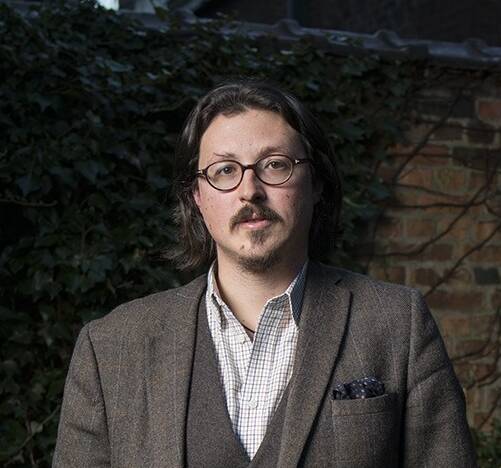Poland – History repeats itself: the Germans want to save the world for their own good, the British want nothing more to do with the continent, the Russians loot in war rather than fight – and the Poles heroically fight on the side of the weakest… and risk ending up, in the end, in the rain and abandoned by all and sundry.
The following reflections may seem a little disappointing at a time when the Polish population as a whole is so passionate about Ukraine’s interests, but it is worth asking what realistic prospects there will be for the much-vaunted Polish-Ukrainian brotherhood after the end of the war, and how to ensure that it continues. It is true that on both sides, people and governments have put aside all their historical and political differences to talk about an eternal brotherhood based on solidarity and gratitude. And there are certainly many sincere sentiments in these statements. But will these feelings survive the end of the war, when the question of Ukraine’s future status arises? We sincerely hope so, but we must not forget that the normalisation of everyday life will also mean the return of realpolitik – and that inglorious political actors, starting with Germany and the European Union, will enter the scene.
For the time being, Ukraine is pinning its hopes on Polish support, because Germany, like France, Italy or the EU, is focusing on mere moral phrases, as a prolonged war with Russia will be bad for their economic interests. But what will the situation be like when it comes to actually rebuilding Ukraine and its political and ideological future? Poland hopes, certainly rightly so, to continue its close cooperation with Ukraine after the war and to become the main economic and political reference point for Ukraine (and, who knows, maybe even Belarus), thus finally breaking its current isolation within the European Union. But what will Ukraine decide if the same Western European politicians who have so far left the Ukrainian people out in the cold now open the national and European coffers to finance the reconstruction of Ukraine, admittedly in exchange for a wide opening of the country to Western capital and especially to the ideology of wokeness currently in power?
Will Ukraine resist the prospect of getting quick money and rather stick to its debt of gratitude to Poland? Will Ukraine be prepared to support Poland in its ideological struggle for Christianity, family and patriotism, even if this means angering future donors in Berlin, Brussels, Paris and Washington? Or is it possible that after the end of the war, Poland will find itself more isolated than before, as not only will Western European partners increase the already burdensome ‘sanctions’, but Ukraine will also be cold towards Poland in order not to alienate its new friends?
Finally, it should not be forgotten that before the war began, Ukraine had already shown itself to be very receptive, in many aspects of its economy and politics, to the temptation of Western, globalist, politically correct and transhumanist ideology, even though the process of ideological transformation of the Ukrainian population is only in its early stages ans had not yet touched the core of its identity. All this could change quickly after the end of the war, and it must be in Poland’s interest not to turn a blind eye to this possibility so that it can be countered pragmatically now. President Duda’s attempt to lay the foundations for long-term institutional cooperation with Ukraine in the midst of war is therefore extremely welcome and must be continued, because, dare we say it, it should also be in the interests of the Ukrainian people to preserve their own soul rather than risk their long-term annihilation by the concentrated power of globalism. This also applies in the opposite direction: it is not acceptable for Poland to buy the establishment of an anti-Russian alliance by sacrificing the hard-won gains of recent years to please Washington or Brussels.
An extremely difficult period is therefore ahead, in which the prospects for Poland’s future will be as enormous as the risks – and which requires a prudent, strategically intelligent and far-sighted policy, which thinks not only in the short or medium term, but also in the long term, without putting the prospects of realpolitik ahead of the much more important implications of identity politics.




